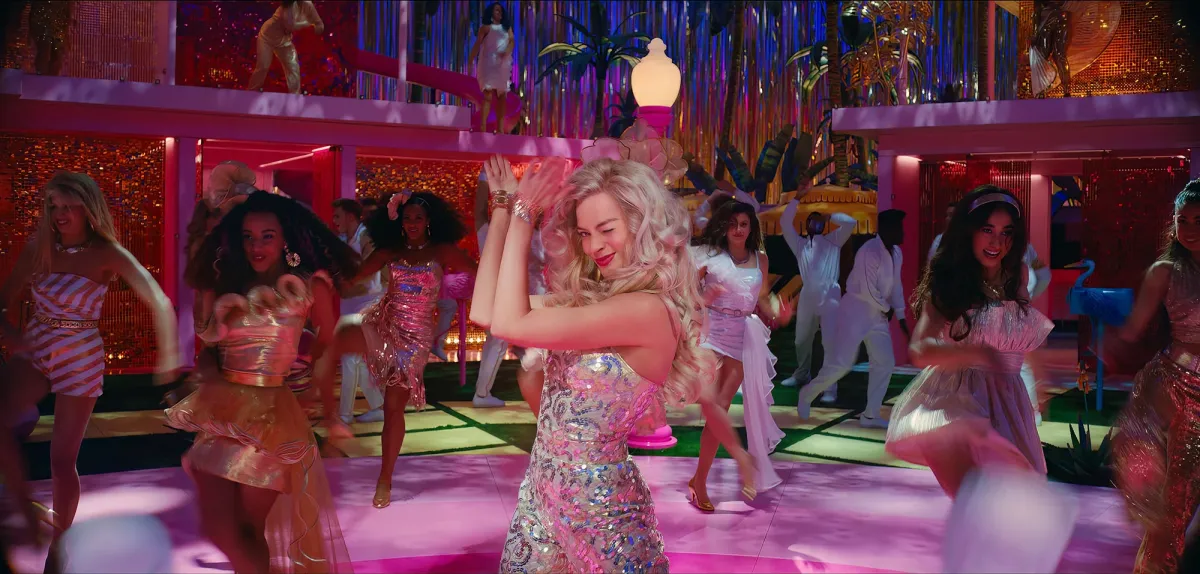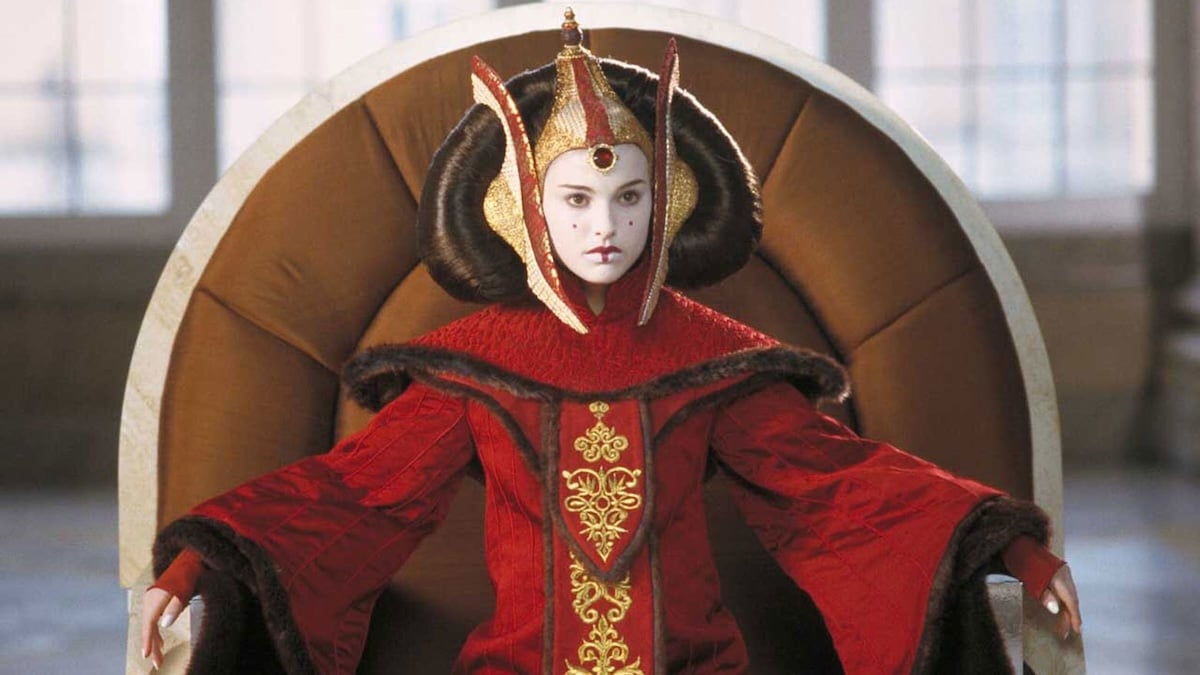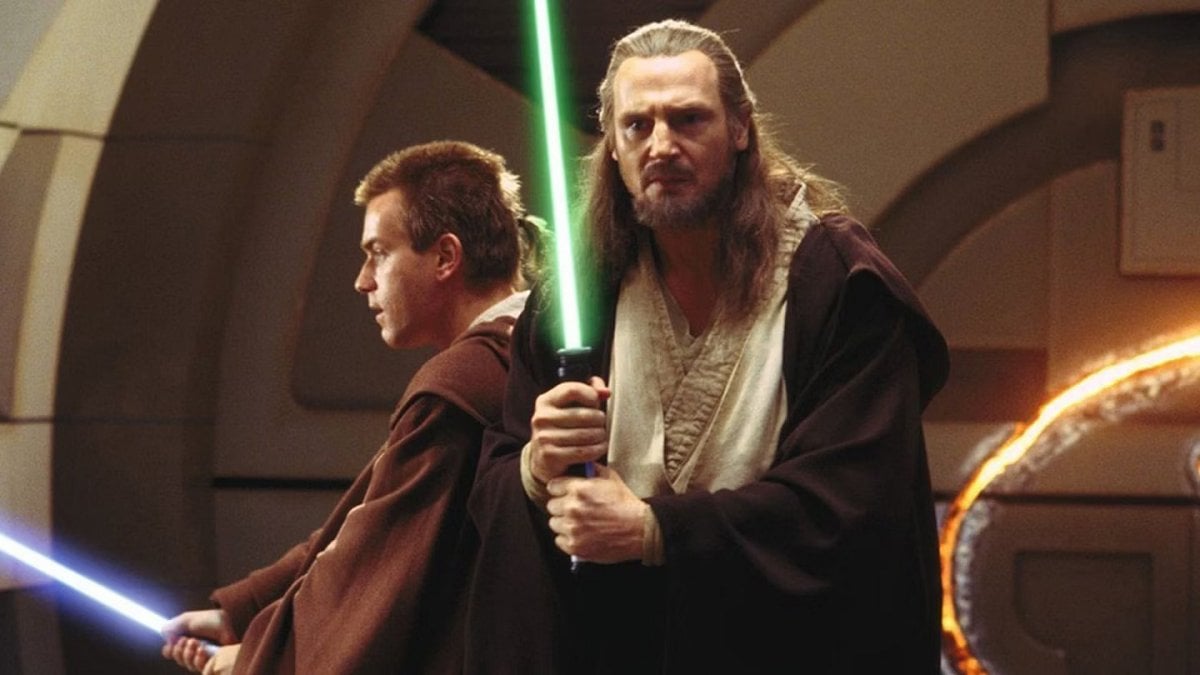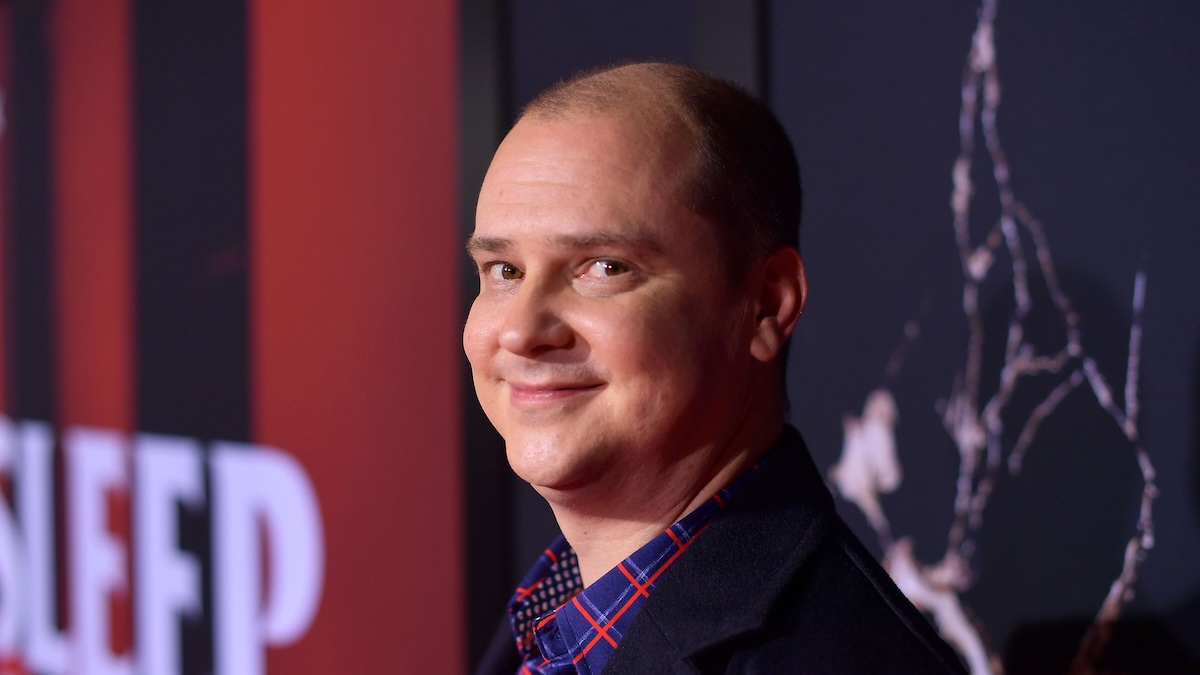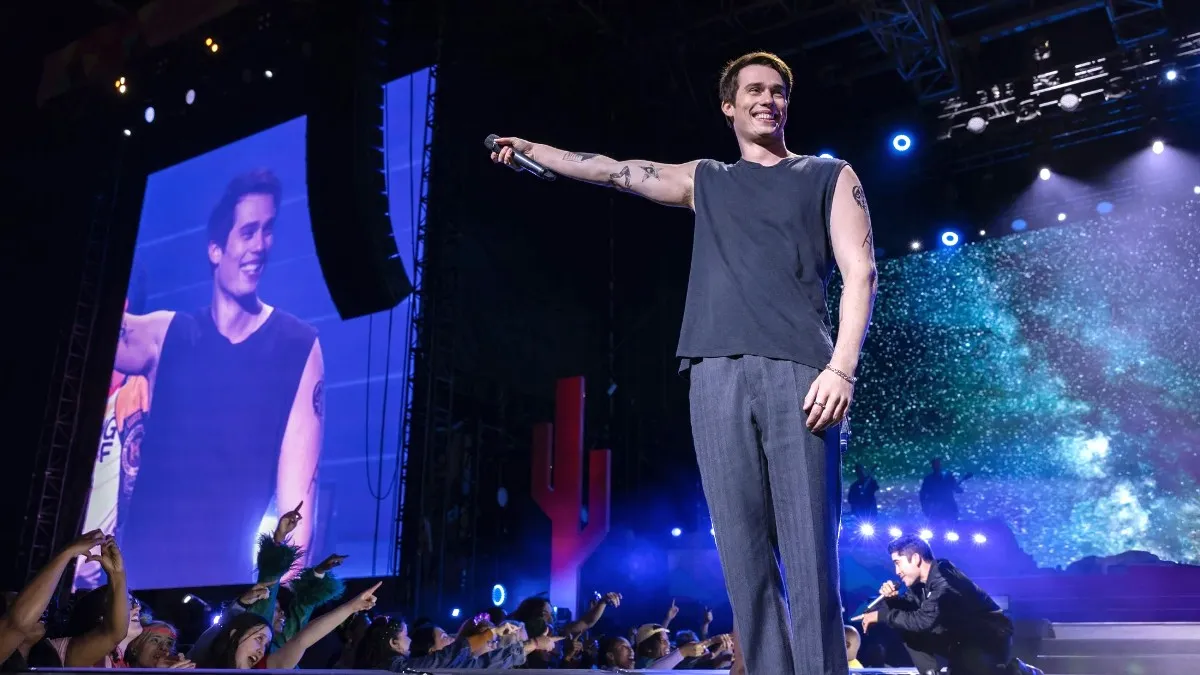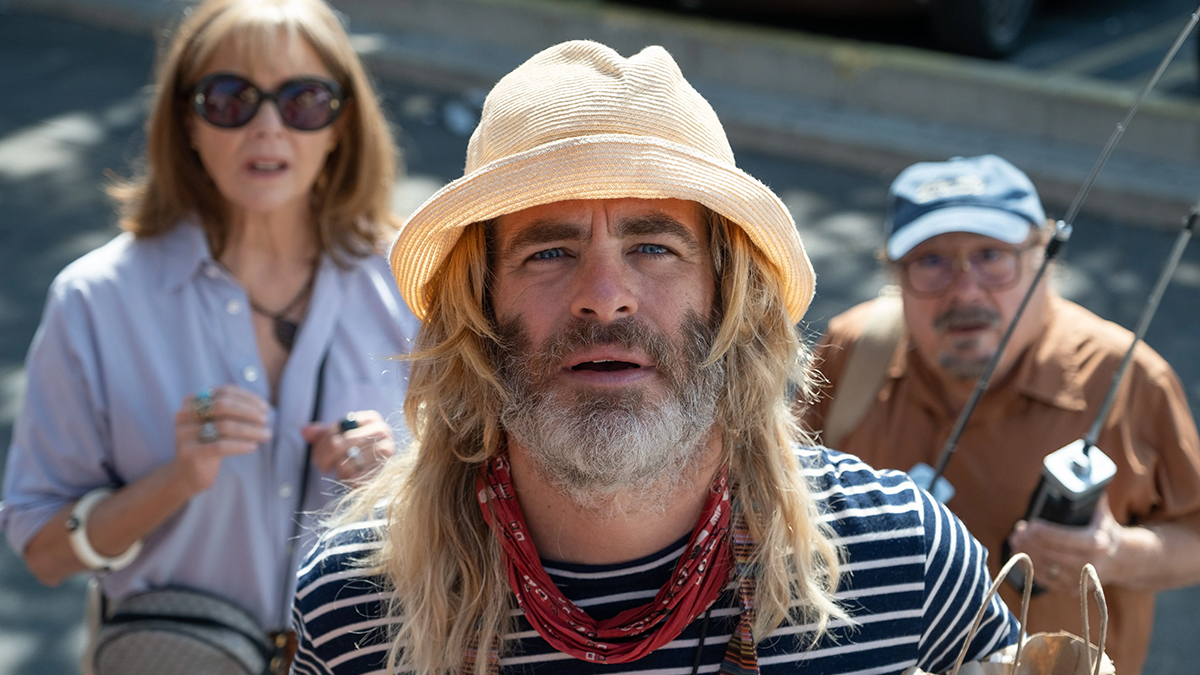As much as we love Greta Gerwig, she has a white feminist problem. For years, her movies have been called out by critics of color as focusing exclusively on the stories of white women. As noted by Varsity, Gerwig’s film Little Women paves over period specific white supremacy in favor of elevating white character growth. The film Lady Bird has few POC that only exist as set dressing, while the main cast and their friends are entirely white.
Barbie is a marginal improvement over this. As we’ve talked about before, the film still leans very hard on the same white neoliberal feminism Gerwig has made a whole career out of. But there’s something heinous about Barbie that most people aren’t talking about: its disgusting joke on indigenous genocide.
**Spoilers for Barbie ahead**
After traveling to the real world, Ken learns about the existence of patriarchy. He internalizes all the signifiers of toxic masculinity, reads books on manliness (and horses), and proceeds to install a patriarchal regime in Barbieland. America Ferrera’s character travels to Barbieland with Barbie and, upon seeing the new horrifying situation, says “Oh my god! This is like in the 1500s with the Indigenous people and smallpox. They had no defenses against it!”
Gosling: "I just explain the immaculate logic of patriarchy & they crumbled"
— Sasha Sisko ?️? (@SashaSisko) July 25, 2023
Ferrera: "Oh my g-d! This is like in the 1500s with the Indigenous people & smallpox. They had no defenses against it!"
Gosling: "Chhhyeah! Buckle up, babe! Haha. Because Barbie land is now Ken land." pic.twitter.com/fMTatjQM7x
As a few users on Twitter have pointed out, the scene makes Indigenous people the butt-end of the joke in a film remarkably barren of their presence. Non-Indigenous people might struggle to see why this is a big deal. The genocide and colonization of Indigenous people cannot be compared to the struggles of a white woman trying to reinstall her post-race neoliberal utopia that’s seemingly devoid of intersectionality. Injustice against the Indigenous is unique and cannot be made into a cheap joke by an upper-class white woman.
White women have a history of flattening complex axes of power into a singular struggle. After the 2008 elections, many white women declared America as being more sexist than racist. As CBS News once erroneously wrote, white women face a tougher time than men of color. This isn’t true, and it’s far too simplistic. Men of color are still brutalized by law enforcement in a way that white people aren’t. Many men of color are also kept out of positions of power that white women may occupy. According to CAWP at Rutgers, the majority of women serving in Congress are white, and there are far more white women than Indigenous men in politics (even when scaled proportionately to their demographics).
This extreme political binary is what the Barbie movie operates on. Kens of color are shown sharing the same exact patriarchal power as white Kens, when non-white masculinity has very different operating dynamics from white masculinity. If any Indigenous Kens exist in the film, they are thrown into the same lot as Whiteness with absolutely no regard to intersectionality. We’ve covered the ways Hollywood mistreats Indigenous people before, and Barbie’s case is just as bad.
I’d wager that most of the uncritical audience for Barbie is going to be made up of white people. While the film is certainly enjoyable, you should also be aware of its drawbacks, and whom the film is ultimately empowering.
(featured image: Warner Bros. Pictures)



